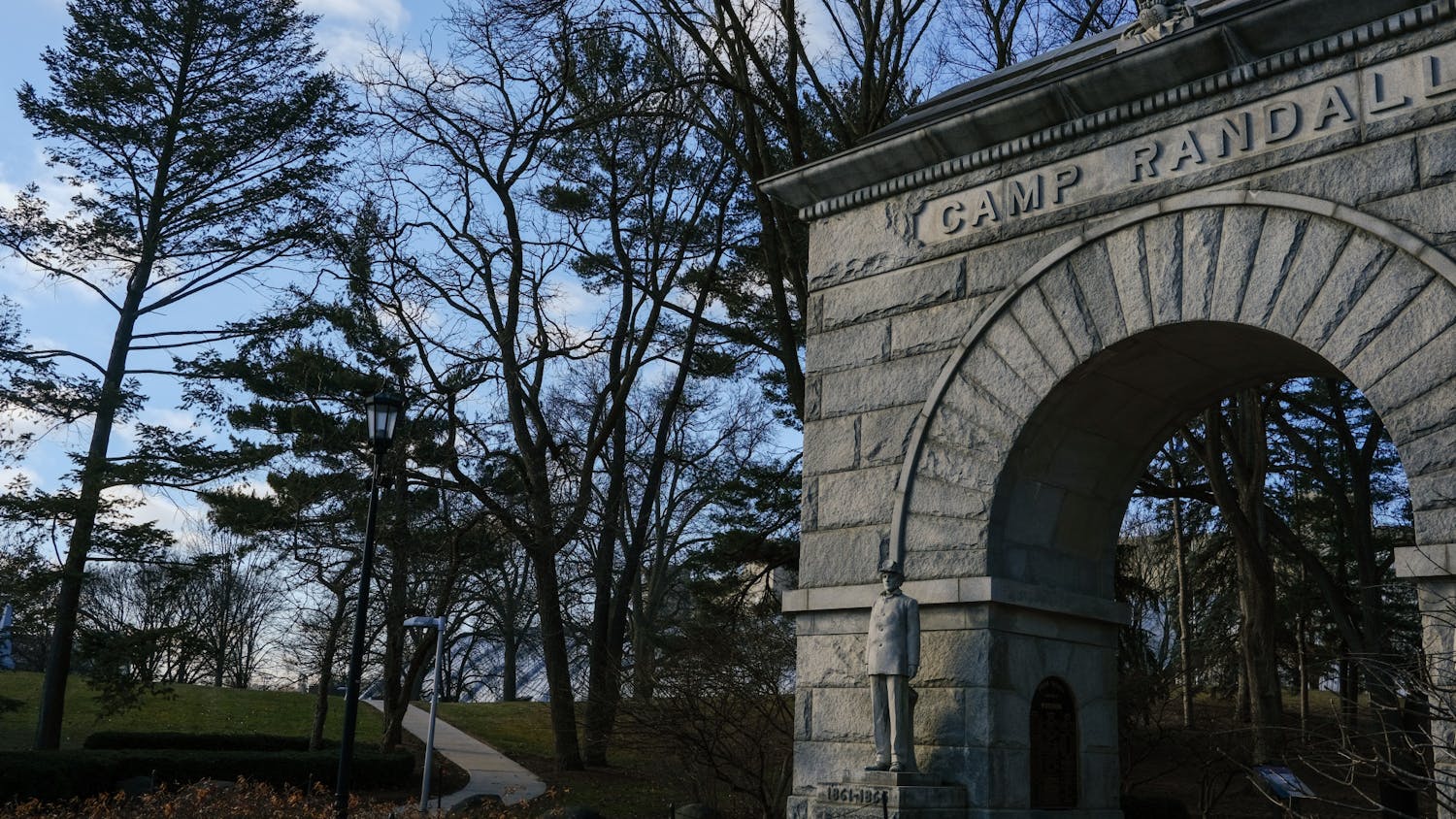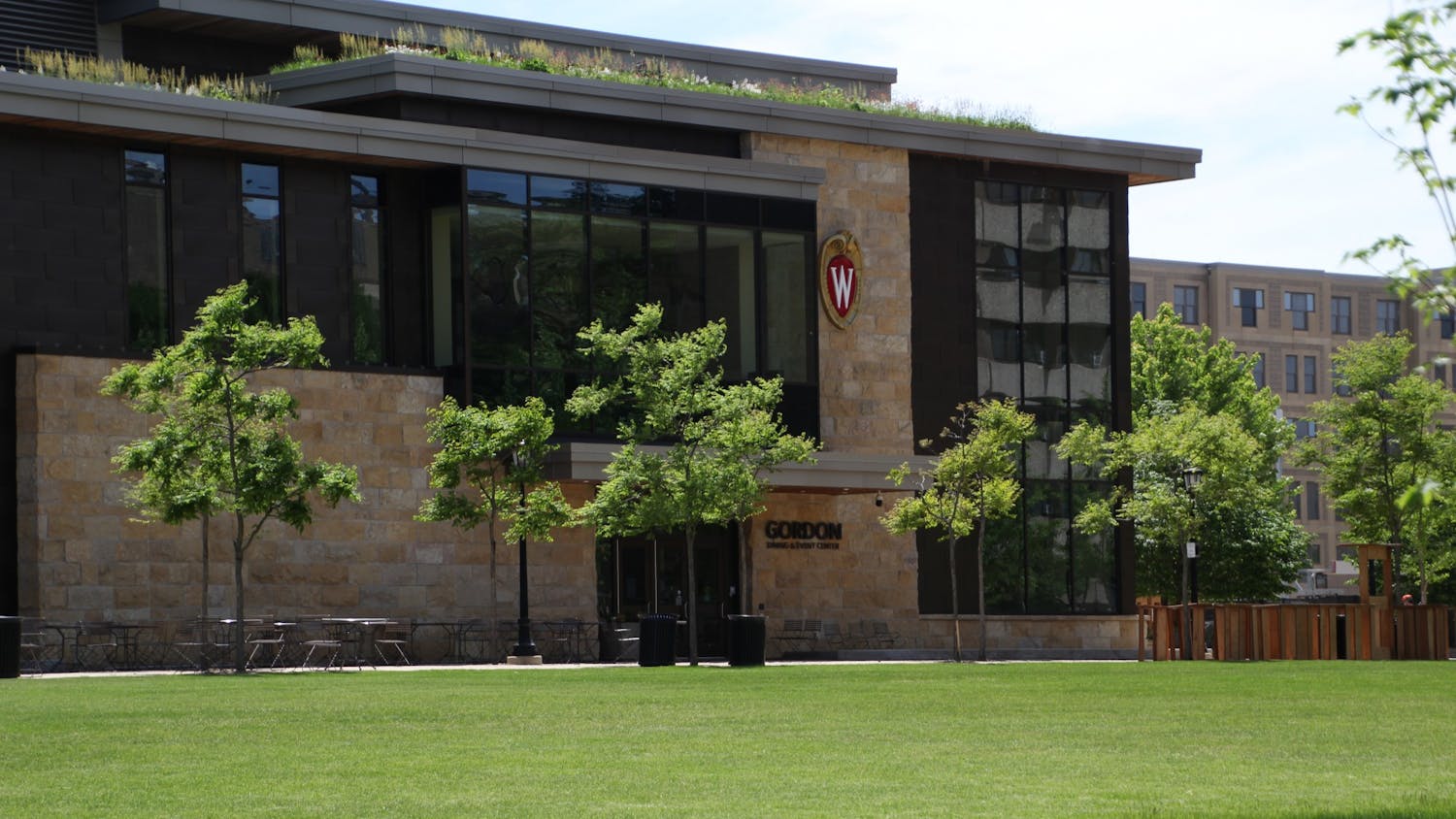I never really thought about the role of an encore until seeing the Strokes play live. They put on an amazing set. Julian Casablancas then told the audience something to the effect of \This is our last song, we don't do encores, so no nasty emails."" Then they played ""Take it or Leave it,"" a great and ironic twist to an encoreless show.
At first, I didn't know what to think of this show without an encore: anger, frustration, annoyance? No. Instead, I realized how cool these guys are-they weren't taking advantage of the audience's emotions, but, rather, they played all their hits during the set refusing to give-in to the anti-climatic encore to showcase their talent and popularity. They already did that the entire night. I started to respect this type of concert because these bands who don't play an encore actually respect the audience more so than those who seek added praise through an encore.
Bands have the power to easily manipulate the emotions of crowds into giving them an encore, even if the band is undeserving of the encore.
The spontaneity of the show has been lost. During the actual set, the band may start off with an unassuming song, one that hasn't received too much attention, but one just enough to get the crowd going. They do this to keep the crowd energized and on-edge. During the middle, you should expect to hear the hits and be pleased by the setlist. The band will soon make an announcement that they have only two songs left. Fans become disappointed the concert is rapidly ending when they haven't heard their favorite song. The band then says, ""This is our last song,"" which may not be the song you wanted to hear. All you can do now is hope for the encore, which is inevitable.
The encore is the point where the band assumes total control over its audience.
We, as concert goers, think our cheers are important, but in the back of our minds we still know it doesn't matter how loud we cheer, the band will still come out and play one or two more songs. The relationship between the crowd and the band has been lost. Of course they are coming out, they just want added praise and to sensationalize their talent.
But when they escape for the second time it doesn't matter if we cheer or how loud we cheer; the band will not come out after their ""last song"" even if the crowd goes crazy. If people are still cheering, the band should have a duty to come out again and please its audience. The encore has become such a staple and lost its luster for fans because it is expected.
Fans know the show ends when the overhead lights flick on, and the pre-recorded music plays, so we involuntarily decide not to cheer. We don't even get to decide when to call for an encore.
It is not special or organic anymore, just another extension of the show. Fans may come only to see the encore because the song that is played is the only song they may know. While fans may be pleased with the encore, they are not actually thinking about what an encore is all about.
It's a reward to the band and the crowd for a good show.
Beth's column runs weekly. She can be reached at eawick@wisc.edu





